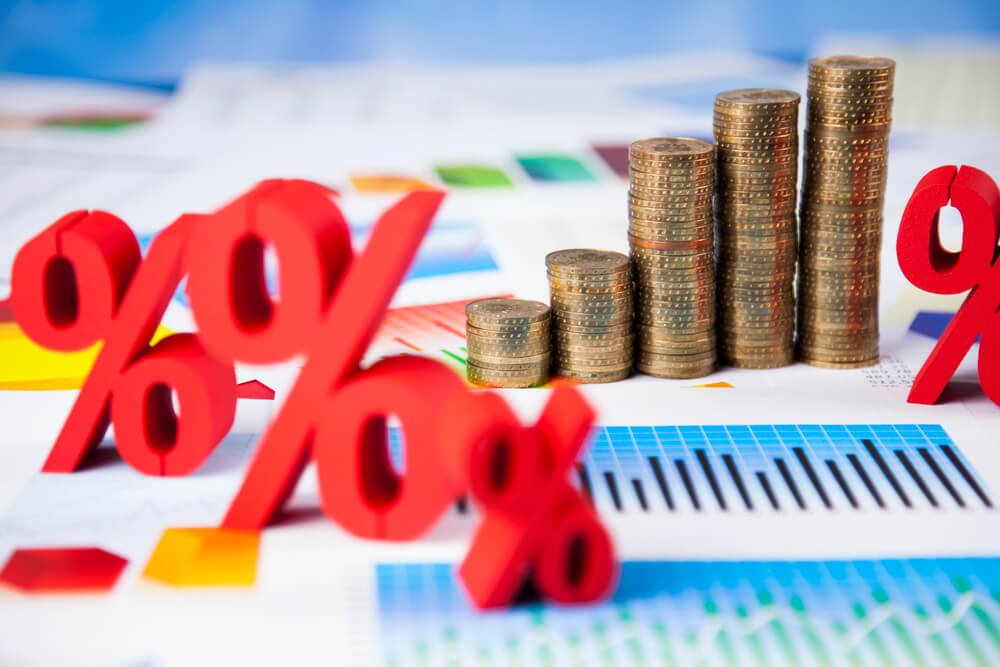

The foreign exchange market involves firms, households, and investors who demand and supply currencies coming together through their banks and the key foreign exchange dealers. These days, some currency rates are jumping to all-time highs while others plunge to record lows. Exchange rates are constantly fluctuating, but what, exactly, causes a currency's value to rise and fall? Simply put, currencies fluctuate based on supply and demand. Most of the world's currencies are bought and sold based on flexible exchange rates, meaning their prices fluctuate based on the supply and demand in the foreign exchange market.
Interest rates are the amount that is charged for a loan. The interest rates that affect the currency markets are sovereign interest rates. A sovereign rate is an interest rate from a loan that country issues in the form of bonds to provide the capital it needs to run its country. Generally, when economic strength is pervasive, interest rates will increase, and when economy contracts, interest rates generally decline. When you purchase or sell a currency pair, you are buying one currency and simultaneously selling another currency. The majority of the currency transactions that take place globally are within the spot market.
If we have a relatively stable geopolitical and economic situation around the world, the currency market will naturally favor a currency that is seeing a rise in interest rates and further interest rate hike expectations ahead. Still, interest rates aren’t the only factors that move a currency. Other such factors such as war, geopolitical concerns, inflation, correlations to other markets, and many other things can come into play as well. When interest rates are higher, it tends to attract a lot of foreign investment. This is because money always wants to go to where it is treated the best.
There is a direct correlation between the interest rates prevalent in a given economy as well as the currency value of that economy. For example, if the Chinese government raises the interest rate, then the value of the Yuan is likely to see an appreciation. This is because investors from all over the world will rush to park their funds in Chinese banks creating a huge demand for Yuan in the process. However, the high-interest rates only drive the currency value higher up to a certain point. Beyond this point, businesses start finding it unviable to raise funds at such high costs. The real challenge is to estimate the point at which high-interest rates stop attracting foreign investors and start discouraging local businesses.
As a forex trader, it's good to look at the full picture. How is the country doing economically? Why are they raising or lowering interest rates? Not to mention, you need to know about the country that you're pairing the high-interest currency against. It is all a game of relation. Sometimes it's one of the currencies in the pair that is causing movement, and sometimes it's both, so it's always good to take the full picture into account. There are always multiple factors that move a currency, but interest is one of the number one factors, only followed by risk. If you can understand those two factors when making trades, you'll be just fine as long as you don't overdo it.
To receive new articles instantly Subscribe to updates.